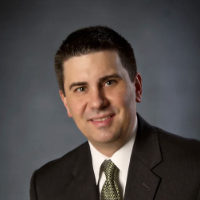Lilesville DUI-DWI Lawyer, North Carolina
Kirk Robert Lundell
✓ VERIFIEDDivorce & Family Law, Child Custody, Employment, Criminal, DUI-DWI
Following a successful 15-year career managing several well-known retail stores throughout the country, Mr. Lundell decided to refocus his passion for... (more)
FREE CONSULTATION
CONTACTGeorge Entwistle Crump
DUI-DWI, Criminal, Corporate, Business Organization
Status: In Good Standing Licensed: 47 Years
Rebecca L. Robison
Family Law, Child Support, Adoption, DUI-DWI
Status: In Good Standing Licensed: 27 Years
Laura M. Baker
Family Law, Child Support, DUI-DWI, Car Accident
Status: In Good Standing Licensed: 17 Years


